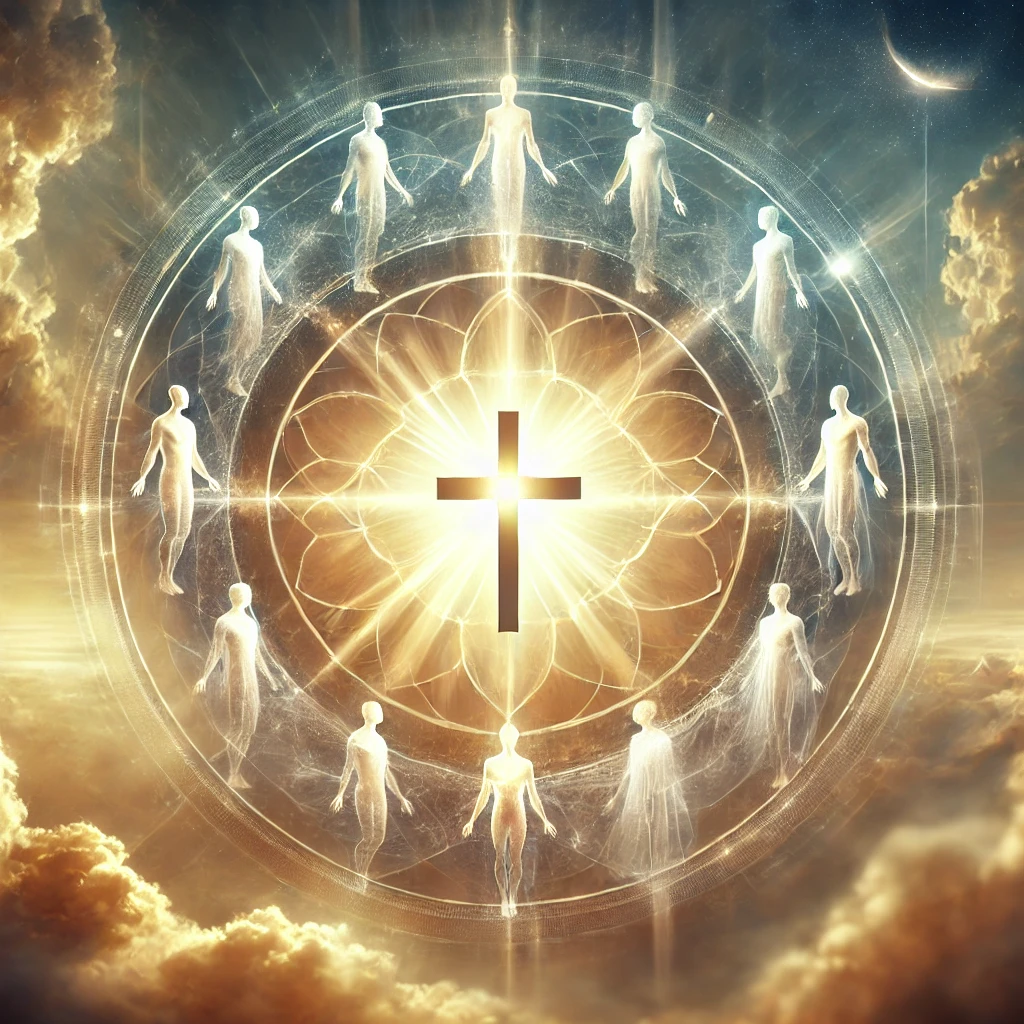The idea of reincarnation—the belief that the soul is reborn into new bodies across multiple lifetimes—is central to many Eastern religions, such as Hinduism and Buddhism. However, Christianity traditionally upholds the concept of a single earthly life followed by judgment and eternal existence in either heaven or hell. Yet, throughout history, there have been individuals and sects within Christianity who have explored or embraced ideas resembling reincarnation. This article delves into the historical, theological, and philosophical aspects of reincarnation in relation to Christianity.
Biblical Perspectives on Reincarnation
Mainstream Christian doctrine largely refutes reincarnation, instead emphasizing resurrection and eternal life. Several key biblical passages shape this viewpoint:
- Hebrews 9:27: “Just as people are destined to die once, and after that to face judgment.”
- John 3:3-7: Jesus speaks of being “born again,” but this is understood as spiritual rebirth through faith in Christ rather than reincarnation.
- Luke 16:19-31: The parable of the rich man and Lazarus suggests a fixed destiny after death, with no possibility of returning to another earthly life.
However, some alternative interpretations suggest that certain biblical passages could imply reincarnation or past lives:
- Matthew 11:14: Jesus states that John the Baptist “is Elijah who was to come.” Some believe this suggests reincarnation, though the mainstream interpretation is that John fulfilled Elijah’s prophetic role rather than being his literal rebirth.
- John 9:1-3: When the disciples ask whether a man was born blind due to his own sins or his parents’, it raises the question of whether they were considering past-life karma.
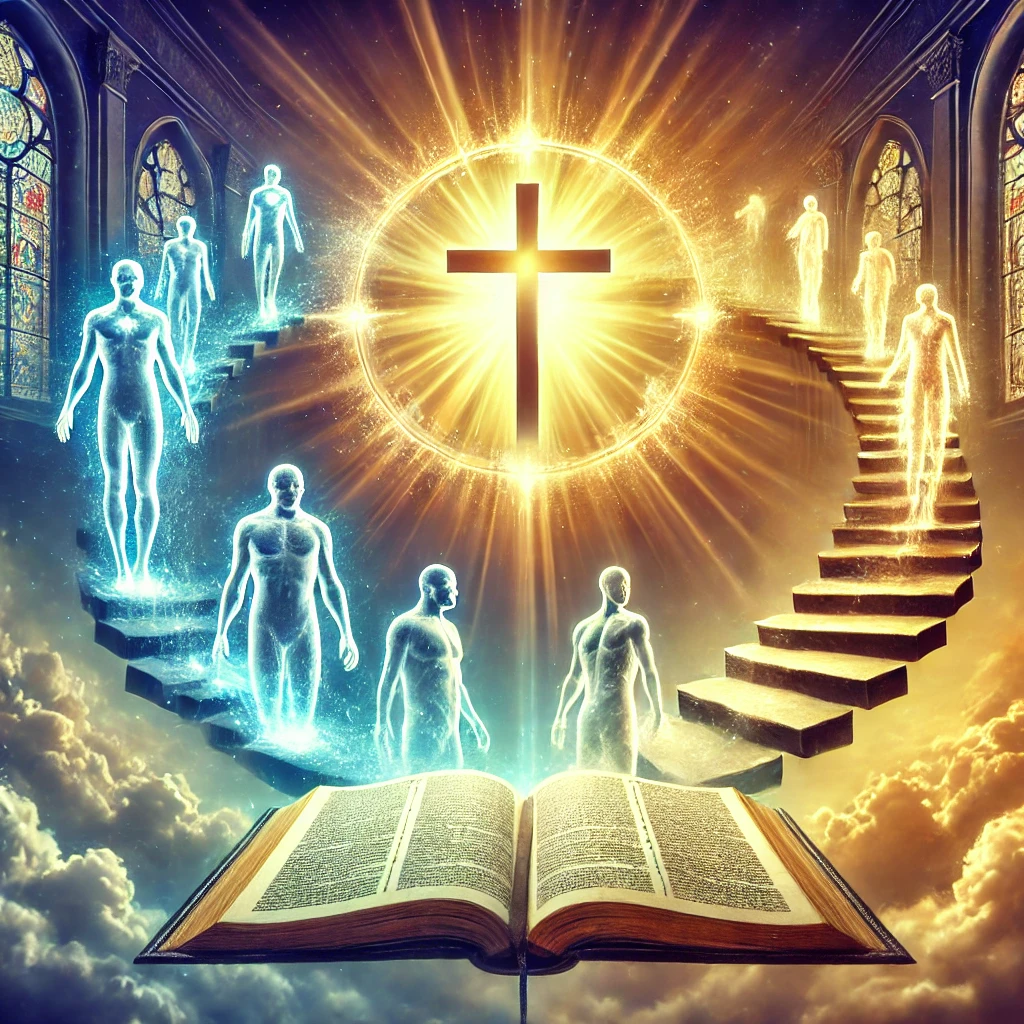
What Does God Think About Reincarnation?
From a biblical standpoint, God’s view on reincarnation is largely interpreted through scripture, which emphasizes resurrection and judgment rather than cyclical rebirth. The following points highlight key theological perspectives:
- God’s Sovereignty Over Life and Death: The Bible portrays God as the author of life and death, establishing a singular human existence followed by judgment. (Ecclesiastes 12:7) states, “And the dust returns to the earth as it was, and the spirit returns to God who gave it.”
- Salvation Through Christ: The Christian faith teaches that salvation and eternal life come through belief in Jesus Christ, not through multiple lifetimes of purification. (John 14:6): “Jesus said to him, ‘I am the way, and the truth, and the life. No one comes to the Father except through me.'”
- Final Judgment: (Revelation 20:12-15) describes the final judgment, where all are judged according to their deeds and assigned their eternal fate, reinforcing the belief in a single life and afterlife.
- Warnings Against Alternative Spiritual Teachings: Scripture warns against doctrines that deviate from God’s revelation. (Colossians 2:8) cautions believers to avoid being deceived by human philosophies and traditions that contradict God’s word.
From these passages, the traditional Christian interpretation is that God does not endorse reincarnation but rather provides a clear path of salvation through faith in Jesus Christ, leading to eternal life in heaven or separation from Him in judgment.
Early Christian Views and Church Fathers
In the early centuries of Christianity, some theological perspectives flirted with ideas akin to reincarnation:
- Origen of Alexandria (185–253 AD): One of the most influential early Christian scholars, Origen suggested that souls preexist before entering human bodies. While not exactly reincarnation, his views on the soul’s journey were condemned by later church authorities.
- Gnosticism: Various Gnostic sects, which existed alongside early Christianity, believed in cycles of rebirth and the necessity of escaping the material world through spiritual enlightenment.
- Clement of Alexandria: Like Origen, Clement suggested that the soul existed before birth and could undergo spiritual evolution, though his ideas did not fully align with reincarnation.
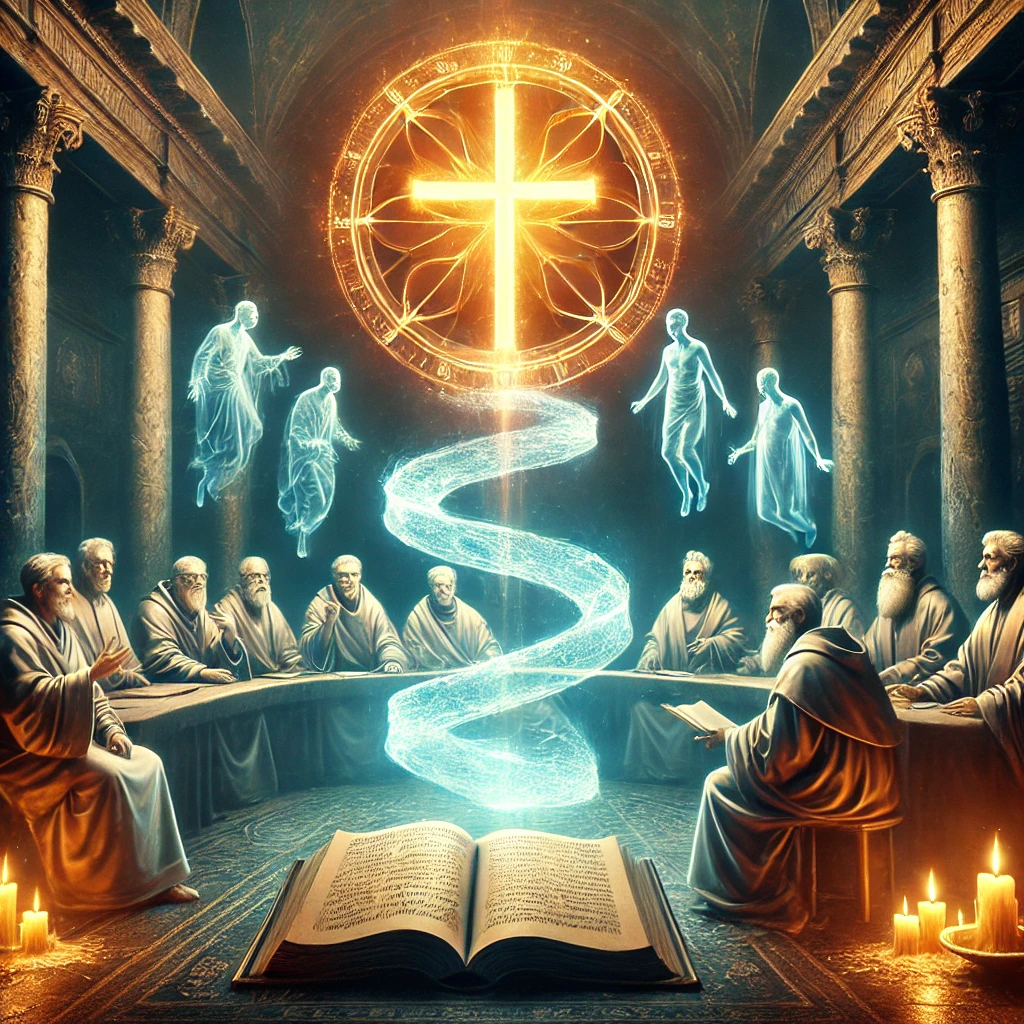
Reincarnation in Medieval and Renaissance Christian Thought
During the Middle Ages, belief in reincarnation was largely suppressed by the dominant Catholic Church. However, certain mystical and esoteric traditions, such as the Kabbalistic influences in Christian thought, continued to explore the concept.
- Cathars and Albigensians: These heretical Christian groups in medieval Europe believed in the transmigration of souls and were persecuted by the Church.
- Mystics and Theosophists: Renaissance and later esoteric thinkers, such as Giordano Bruno, speculated on multiple lives and the soul’s progression beyond death.
Modern Christian Movements and Reincarnation
In more recent history, some Christian movements and individuals have revisited the idea of reincarnation:
- Edgar Cayce (1877–1945): The famous American mystic and devout Christian claimed to receive visions of past lives, suggesting that reincarnation was part of God’s divine plan.
- New Age Christianity: Some contemporary spiritual movements integrate Christian teachings with reincarnation, proposing that souls undergo multiple lives to learn lessons and grow spiritually.
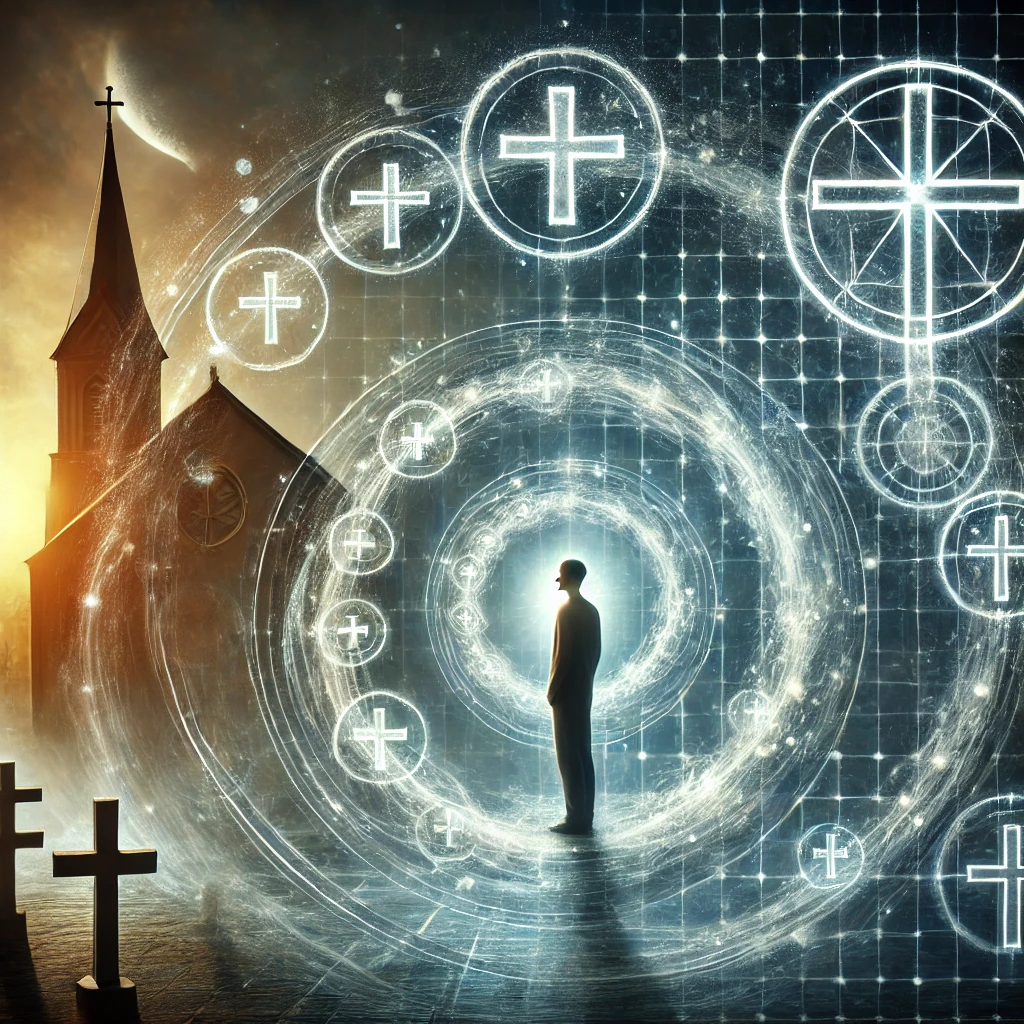
Theological and Philosophical Challenges
Reincarnation presents significant challenges to traditional Christian doctrine:
- Salvation and the Atonement: Christianity teaches that salvation comes through Christ’s sacrifice, whereas reincarnation often implies a process of self-perfection over multiple lives.
- Judgment and Eternal Life: The Bible emphasizes a final judgment after death, which conflicts with the idea of continual rebirths.
- The Purpose of Suffering: Christianity typically views suffering as a test or part of God’s will, while reincarnation suggests that suffering results from karma or past actions.
Conclusion
While reincarnation is not part of mainstream Christian doctrine, history reveals that it has been considered and debated by various Christian thinkers, mystics, and fringe movements. The theological differences between reincarnation and Christian teachings on salvation, judgment, and resurrection make full integration unlikely. However, for those who seek a synthesis of Eastern and Western spiritual ideas, the dialogue between Christianity and reincarnation continues to evolve.
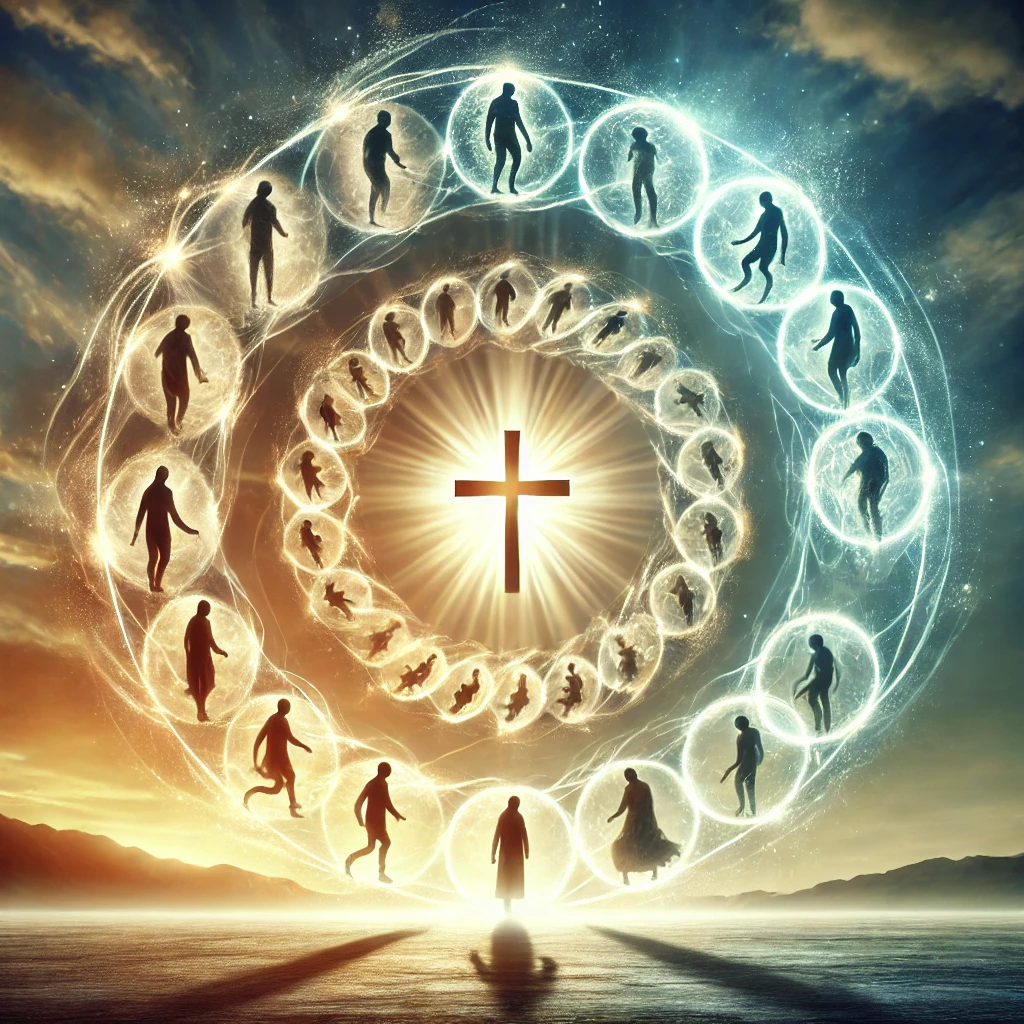
Have More Questions?
If you have any more questions about God’s forgiveness or how to deepen your relationship with Him, feel free to ask in the comments section below. Our community is here to support and encourage you on your faith journey. No question is too big or too small—let’s grow in understanding together!
Join Our Newsletter
Would you like more insights into God’s love, forgiveness, and practical ways to live out your faith? Join our newsletter! You’ll receive weekly encouragement, Bible-based wisdom, and resources to help you grow spiritually. Sign up today and stay connected with us as we explore God’s Word together.
